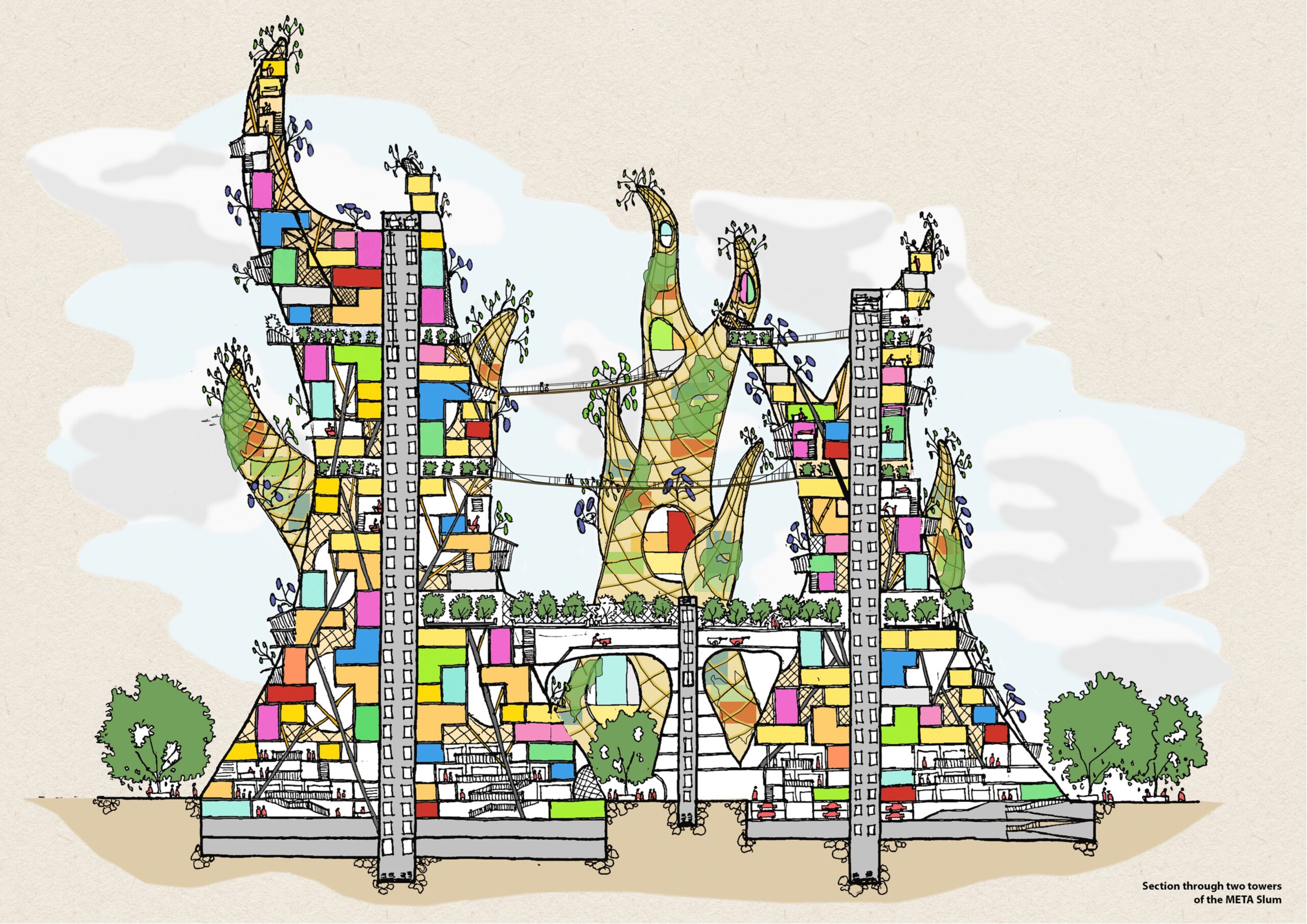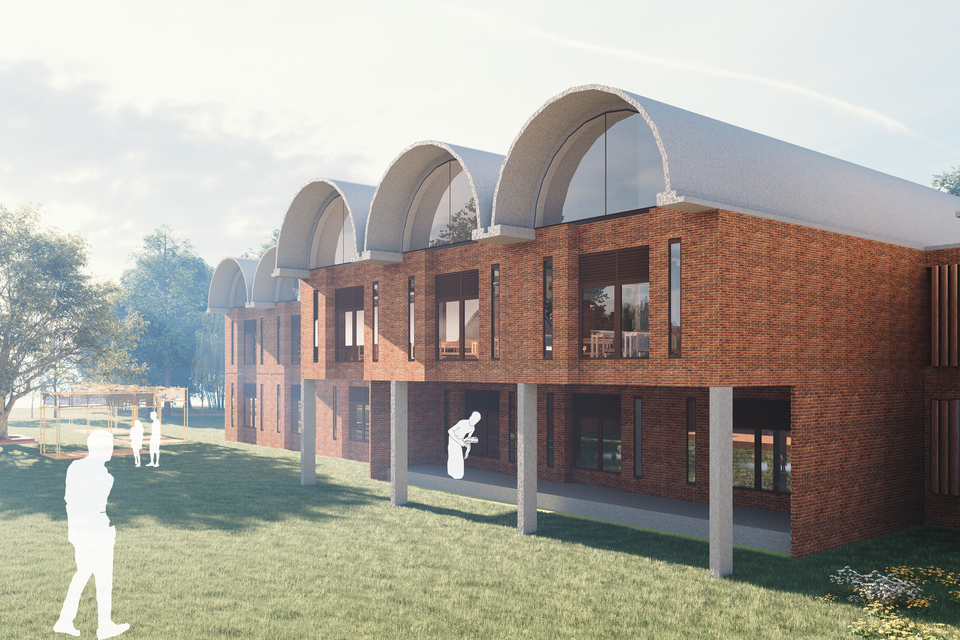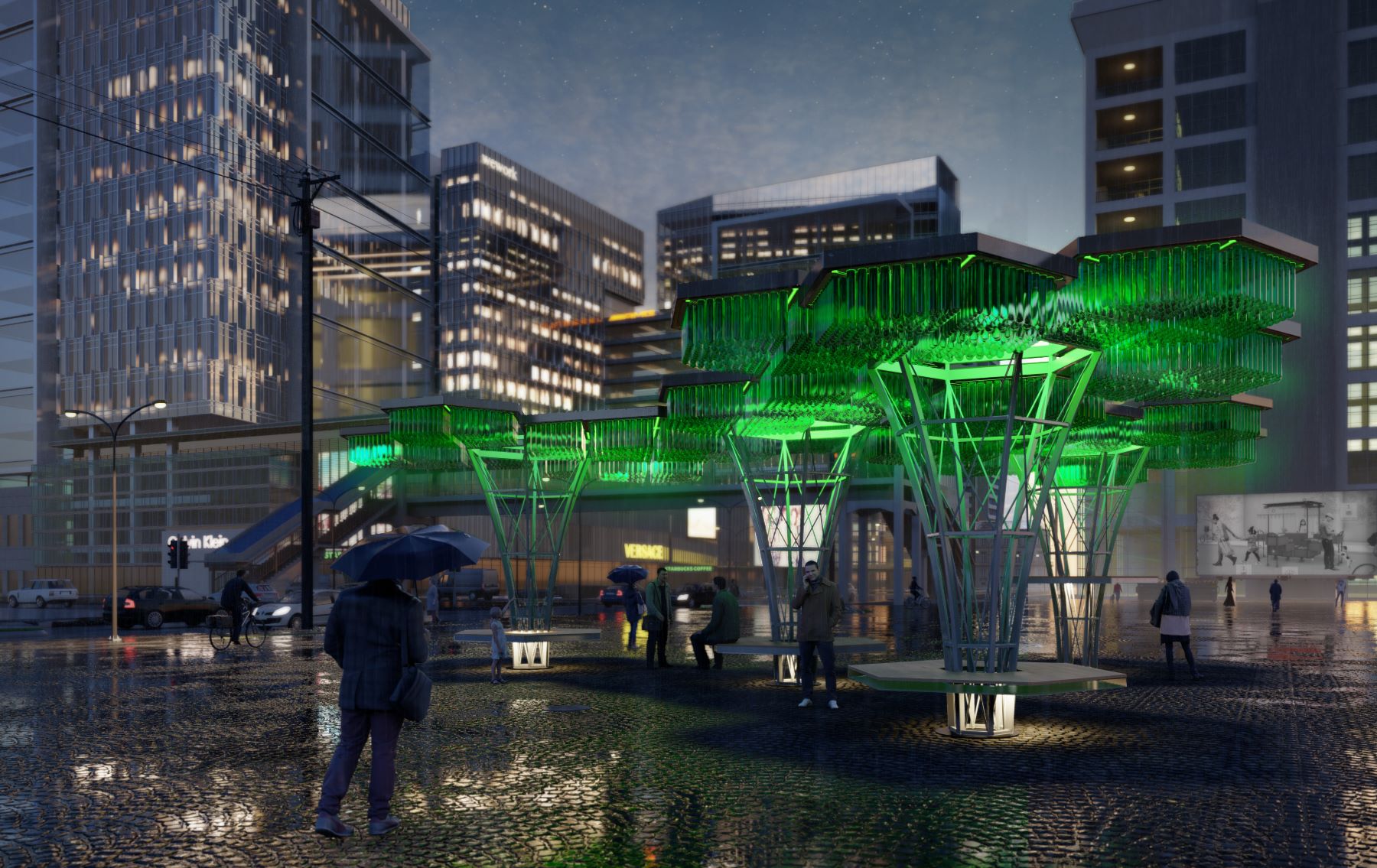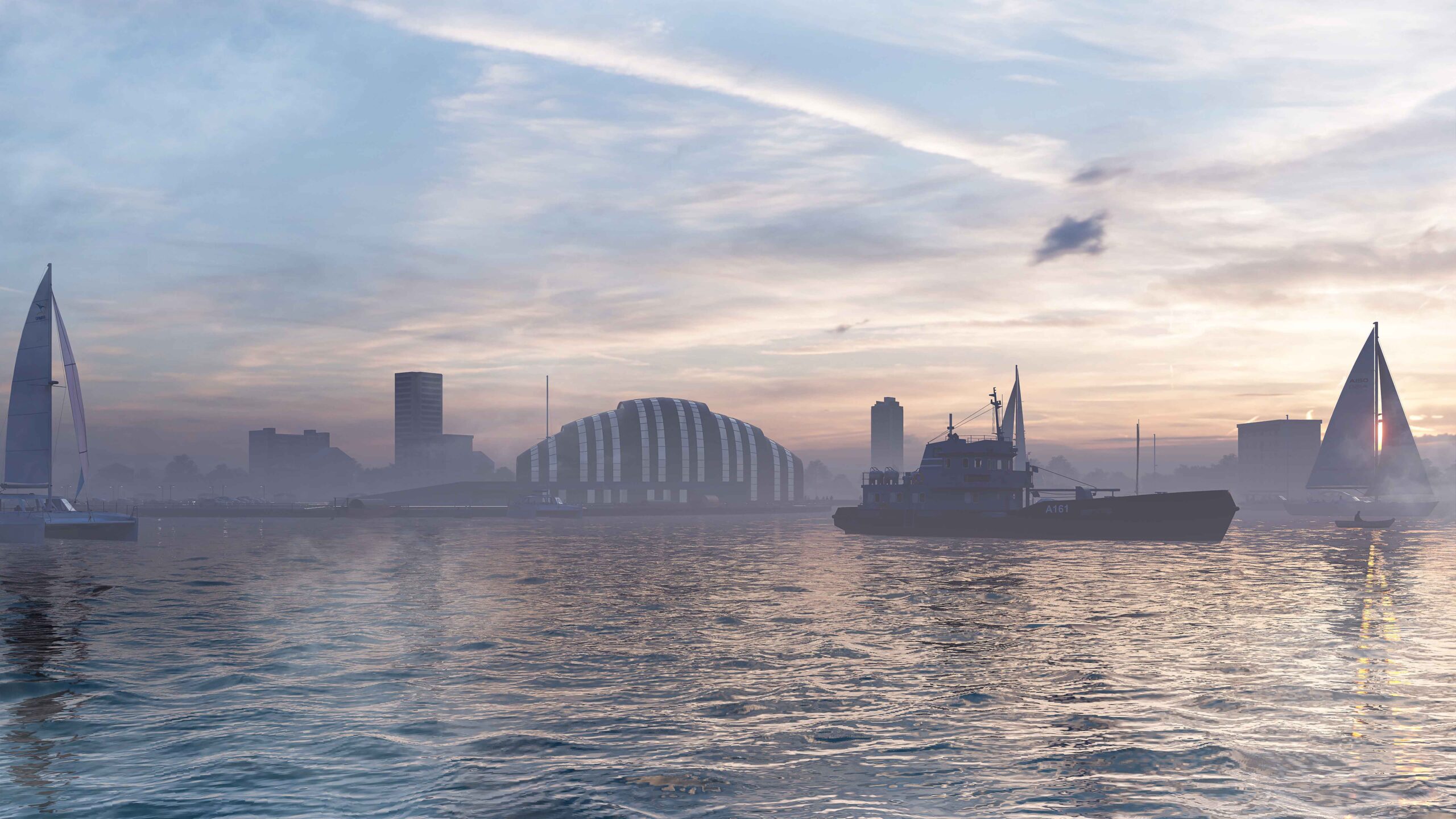
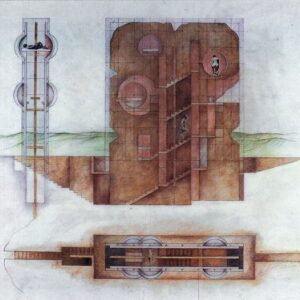
House Without Rooms, by Raimund Abraham
Raimund Abraham’s “House Without Rooms,” an unbuilt project that reimagined architecture as a realm of ideas. It challenged conventional notions of space, focusing on symbolic “archetypal stations” rather than functional rooms.
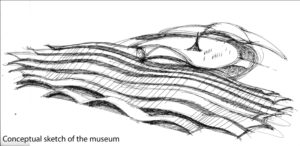
Air Force Museum, by Design Consortium
The Air force Museum exhibits a rich collection of memorabilia of Indian Military Aviation and displays the history of Indian Air Force. Today, as it was earlier, the primary aim of the Indian Air force Museum is to actively promote public interest in the Indian security domain and promote awareness, both from a historical and a contemporary point of view. – Design Consortium
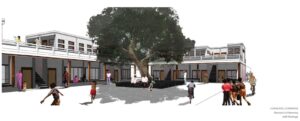
Badami Town Precinct Rejuvenation, by Common Ground Practice
The Badami Rejuvenation Competition aims to revive the town’s rich history through responsive and sustainable redesign. The program requirement was to re-design the main street of Badami.
Recent Posts

Academic Work | Boat Museum — Reconnecting River & Culture, Bangladesh, by Muzahid Islam
Rooted in the soul of Bengal, the Boat Museum draws its architectural form from the curved hull of traditional Bengali boats—symbols of journey, resilience, and
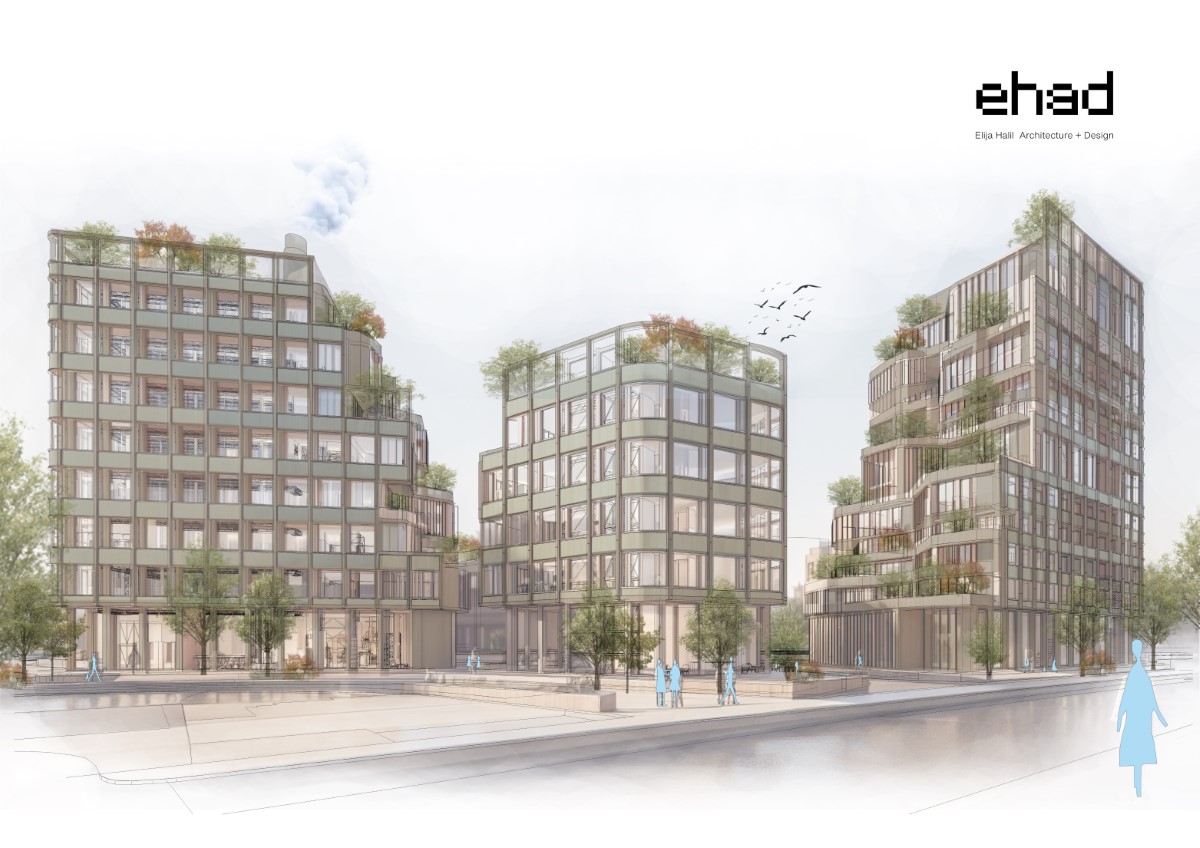
The Living Factory, by Elija Halil Architecture + Design
The Living Factory, designed by Elija Halil Architecture + Design, redefines urban sustainability by integrating clean industry, energy production, and housing in London, turning a building into a living, air-purifying, and resource-generating ecosystem.
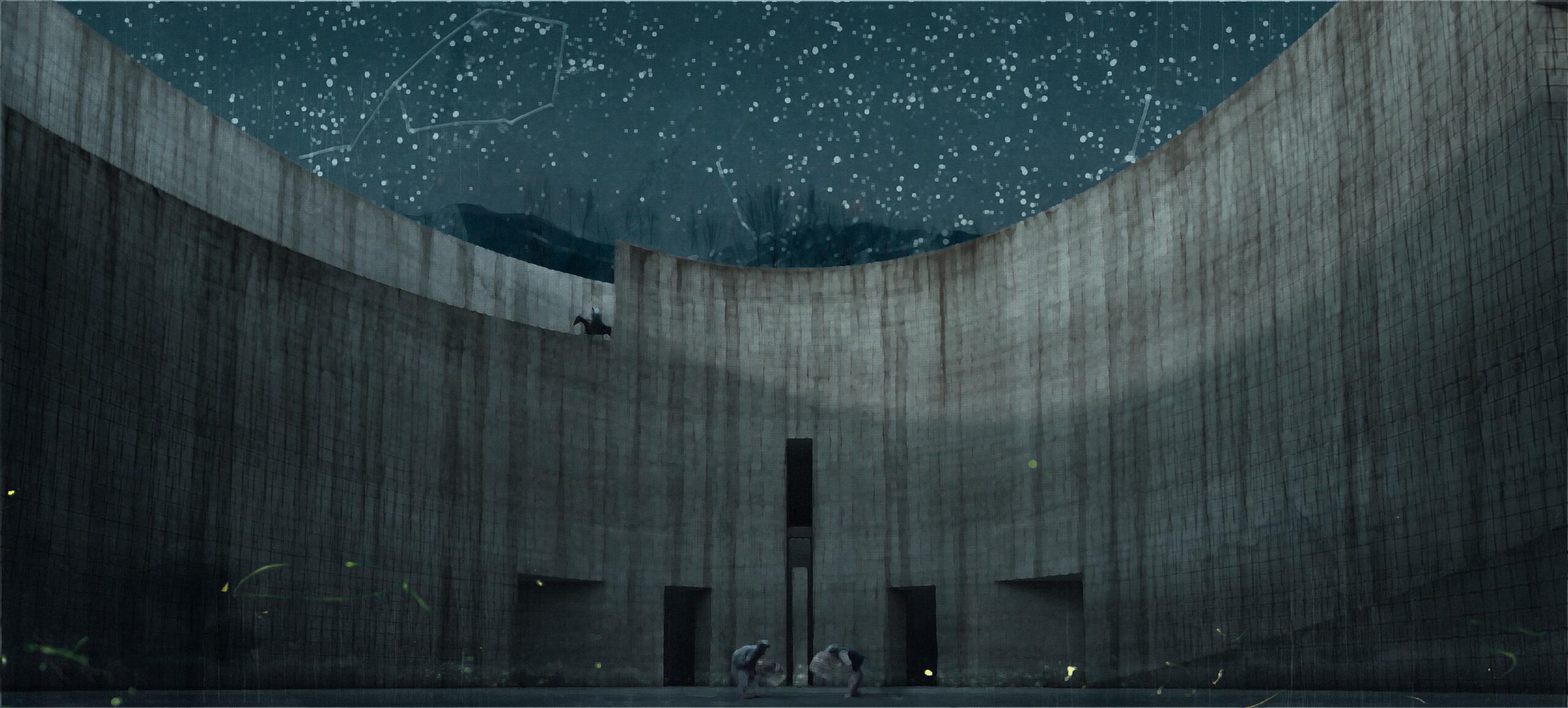
Bamiyan Cultural Centre, Afghanistan, by Lázaro
Proposal for Bamiyan Cultural Centre (competition by UNESCO and Ministry of Information and Culture of Afghanistan), designed by Lázaro, aims to be, more than a cultural centre, a space where the Hazaras’ everyday activities could take place.
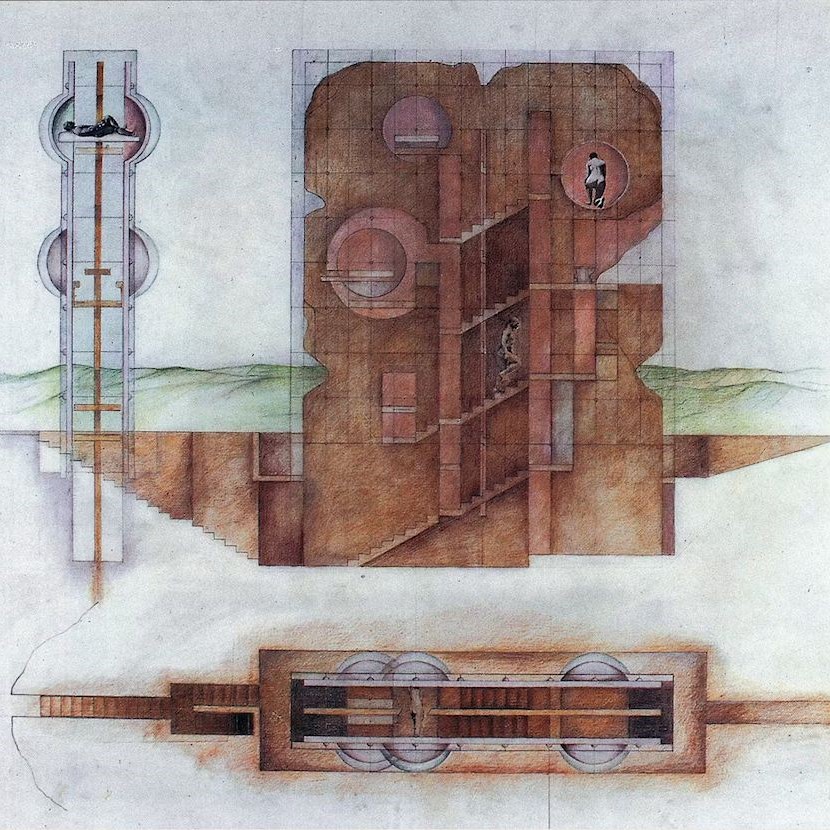
House Without Rooms, by Raimund Abraham
Raimund Abraham’s “House Without Rooms,” an unbuilt project that reimagined architecture as a realm of ideas. It challenged conventional notions of space, focusing on symbolic “archetypal stations” rather than functional rooms.

Unbuilt Vol 1.0
The book features 54 inspiring yet unbuilt architecture ideas by Indian architects, and nine intriguing essays on the theme contributed by professionals and academicians. The first ever book to celebrate the value of unbuilt Indian architecture.
More from unbuilt

Academic Work | Boat Museum — Reconnecting River & Culture, Bangladesh, by Muzahid Islam

The Living Factory, by Elija Halil Architecture + Design


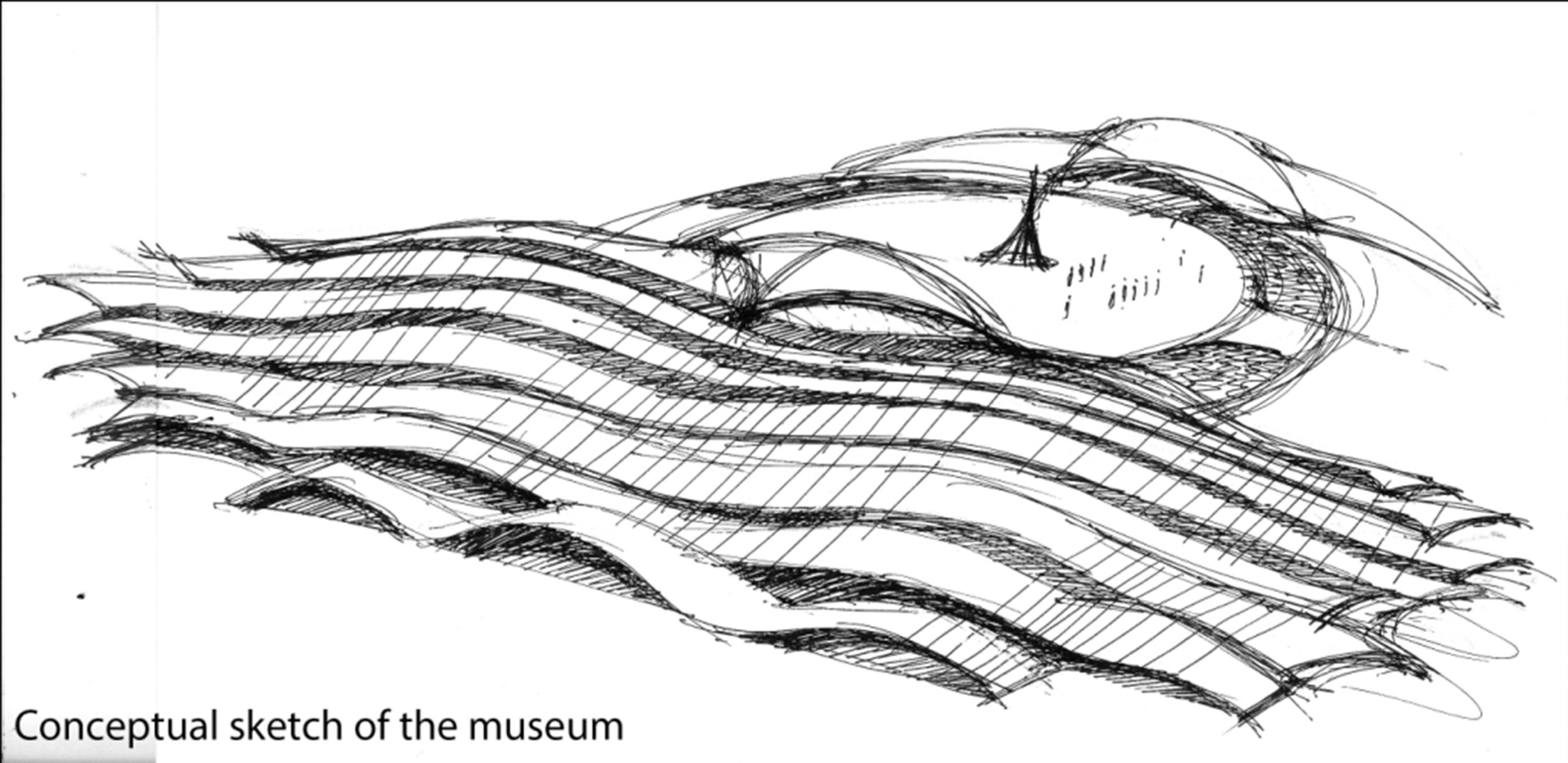

Badami Town Precinct Rejuvenation, by Common Ground Practice





